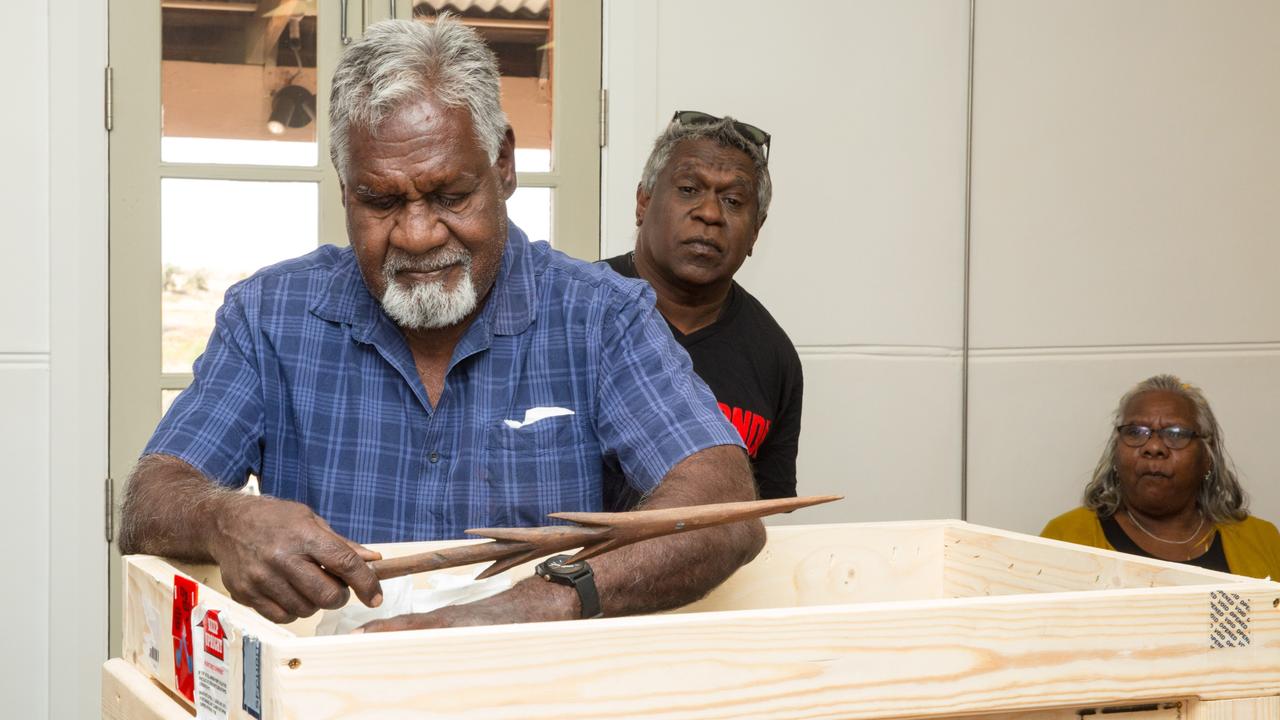Bendigo and Adelaide Bank’s Homesafe exit poses a capital return conundrum
Bendigo and Adelaide Bank’s decision to exit its Homesafe business potentially frees up a long tail of capital returns, Citi analysts say.

Business
Don't miss out on the headlines from Business. Followed categories will be added to My News.
It’s not every day that a company deciding to remove itself from a business sector brings rewards for shareholders, but Citi analysts say Bendigo and Adelaide Bank’s decision to exit its Homesafe division poses interesting questions around capital returns.
Homesafe, which was set up back in 2005, was a joint venture which offered a home equity release product for homeowners in the Sydney and Melbourne markets. Bendigo announced in December it would stop funding new loans at the end of this financial year and had divested its shareholding in the business to its partner. Citi said the joint venture had been a “relative success” for Bendigo, funding about $600m worth of investment over the past decade, with the booming property markets in the major capitals adding another $500m in value on paper to the portfolio.
“However, the success and size of the portfolio has become an issue relative to Bendigo’s balance sheet,’’ Citi’s analysts say. “The volatility from the portfolio gains, and relatively large consumption of capital has prompted management to explore options for years of either selling the business and/or finding a new capital partner.’’
Bendigo opted to get out of the business, which, Citi says, has a flow on into the bank’s tier one capital (CET1) requirements.
“Bendigo’s capital position is currently comfortable, running a CET1 of 11.2 per cent against the board’s target range of 10-10.5 per cent. Given the Homesafe capital is deducted from group CET1, if we were to add this back on today’s numbers it would provide for a pro-forma CET1 of about 12.5 per cent. The material amount of excess latent capital prompts an obvious question of how and when to return, or deploy into inorganic options.’’
Citi says an attractive option for Bendigo could be to run off its excess capital as it comes in via a series of special dividends.
“This would vary with the pace of completions in the Homesafe book,’’ Citi says. “But it would allow the release of a substantial component of the circa-$600m of excess franking credits sitting on the balance sheet. Assuming an eight year rundown, the bank could pay a 5c per share special dividend a half on top of the ongoing 30c as a sustainable dividend.’’
Originally published as Bendigo and Adelaide Bank’s Homesafe exit poses a capital return conundrum



